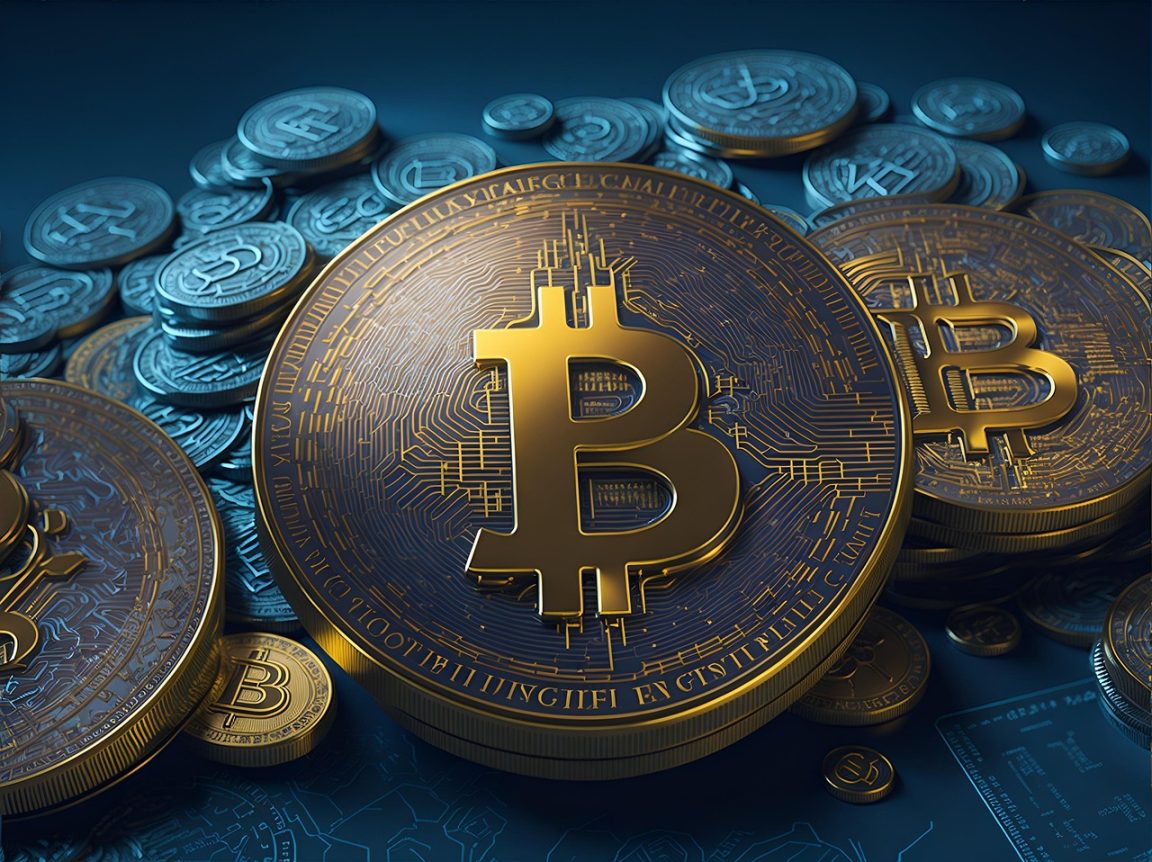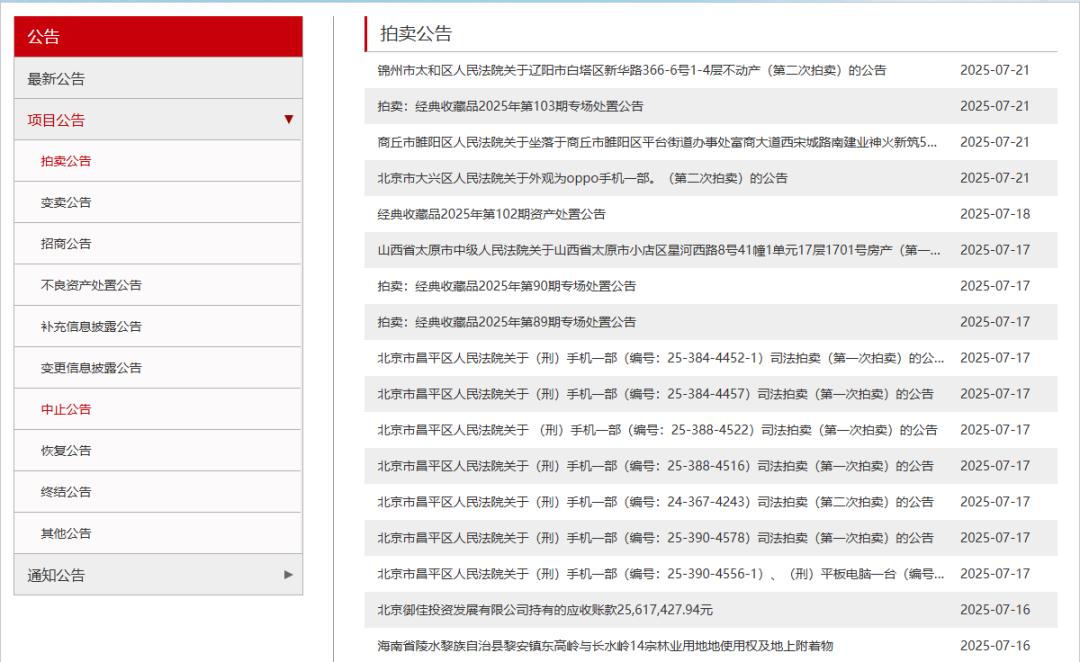Author: Lawyer Liu Zhengyao
Introduction
Recently, there have been some new developments in the judicial disposal of virtual currencies involved in cases (hereinafter referred to as "judicial disposal"). Especially after the article from the Legal Affairs Team of the Beijing Municipal Public Security Bureau officially announced a new model (see Lawyer Liu's previous article: "What is the 'New Channel' for the Disposal of Involved Virtual Currencies by the Beijing Public Security Bureau? Can Disposal Be Opened Now?"), Lawyer Liu has received inquiries from domestic judicial authorities and disposal companies. The core questions of concern are: "What exactly is the 'Beijing Stock Exchange' model? Is it necessary for domestic judicial disposal to go through intermediary institutions like the Beijing Stock Exchange?" Additionally, there are requests for Lawyer Liu to assess the future trends of judicial disposal in mainland China.
Today, we will address the above questions and analyze them one by one.

1. Analysis of the "Beijing Stock Exchange" Model
The full name of the "Beijing Stock Exchange" is the Beijing Property Rights Exchange. According to its official website, its controlling shareholder is the Beijing State-owned Assets Management Co., Ltd. The authorized qualifications of the Beijing Stock Exchange include "the online judicial auction platform for courts at all levels designated by the Supreme People's Court, and the platform for the disposal of criminal case-related property designated by the Beijing Municipal Finance Bureau," etc. The "Auction Announcement" section published on its official website mainly focuses on the disposal of traditional case-related property, and there are no virtual currency disposal projects visible.

(Image source: Beijing Stock Exchange official website)
In the field of judicial disposal of involved virtual currencies, according to publicly available information online, after the Beijing Stock Exchange signed a commissioned disposal agreement with the Beijing Municipal Public Security Bureau (i.e., the "Framework Agreement for the Cooperation in the Disposal of Involved Virtual Currencies" mentioned on the official account of the Legal Affairs Team of the Beijing Municipal Public Security Bureau), the Beijing Stock Exchange then sub-commissions domestic third-party disposal companies (the specific disposal company mentioned in the lawyer's article is "Beijing Zhongtianfeng Security Technology Co., Ltd.") to carry out disposal, monetization, and fund settlement work abroad.
It can be seen that the Beijing Stock Exchange model does not have any substantial innovation or breakthrough; it still primarily follows the domestic + overseas joint disposal model in the "Disposal 3.0 Era."
2. Is it necessary for domestic judicial disposal to go through intermediary institutions like the Beijing Stock Exchange?
So, is there a necessity for intermediary institutions like the Beijing Stock Exchange? In Lawyer Liu's view, according to the current regulatory provisions regarding virtual currencies in China, domestic third-party disposal companies already exist as a "temporary compromise" in judicial activities, and there is actually no need to introduce the "intermediary structure" of third-party disposal companies.
The reason why there are different controversial viewpoints regarding the judicial disposal of involved virtual currencies in China mainly lies in the "9.24 Notice" (issued on September 15, 2021, by ten national ministries including the "Two Highs and One Department," the central bank, and the State Administration of Foreign Exchange, regarding further prevention and disposal of risks related to virtual currency trading speculation), which includes the following provision:
Activities related to virtual currencies are considered illegal financial activities. Engaging in the exchange of legal currency and virtual currencies, exchanges between virtual currencies, acting as a central counterparty to buy and sell virtual currencies, suspected illegal issuance of token vouchers, unauthorized public issuance of securities, illegal operation of futures business, illegal fundraising, and other illegal financial activities are strictly prohibited and must be resolutely banned according to law. For those engaging in related illegal financial activities that constitute a crime, criminal responsibility will be pursued according to law.
One can see that this provision does not contain any exceptions, meaning that no entity (including judicial authorities) in mainland China is allowed to engage in the exchange of virtual currencies and legal currencies. The disposal and monetization of involved virtual currencies inevitably directly involve the need to convert the involved virtual currencies into RMB.
Thus, from the earliest days in 2018 to now, the disposal and monetization of involved virtual currencies have gone through a process from public security authorities directly finding third parties to monetize domestically, to public security authorities commissioning third parties to monetize abroad. The main purpose is to avoid the direct participation of domestic entities in the exchange of virtual currencies and legal currencies as stipulated in the "9.24 Notice."
Under the current "domestic + overseas joint disposal" model, at least on a business level, it does comply with the regulations of the "9.24 Notice" (although there are still differing opinions in practice, such as some arguing that involved virtual currencies should not be monetized at all, and that any monetization violates the regulatory provisions regarding virtual currencies in mainland China, advocating for all involved virtual currencies to be sent to a black hole address for destruction); therefore, when introducing intermediary structures like the Beijing Stock Exchange, if it does not fundamentally optimize the current judicial disposal business model, the disposal process should be simplified as much as possible, without adding unnecessary entities. This follows the principle of Occam's Razor: Entities should not be multiplied beyond necessity.

3. How will the judicial disposal of involved virtual currencies develop in the future?
Lawyer Liu has been traveling frequently for work recently and has learned that different judicial authorities across the country have varying disposal models for involved virtual currencies. So far, there still exists the "Disposal 1.0" original model: that is, mainland judicial authorities (mainly public security authorities) commission domestic entities (individuals or companies) to directly monetize the involved virtual currencies domestically. This original "cash for coins" model not only violates the mandatory provisions of the "9.24 Notice" prohibiting the exchange of virtual currencies and legal currencies in mainland China; the greater risk lies in the public security judicial authorities' complete inability to control the legality and compliance of the funds of the trading counterparties, relying solely on the credibility of the trading counterparties for assurance. At this point, if a payment involves illicit funds (such as from illegal industries or fraud), then the public security authorities themselves have objectively engaged in money laundering activities; of course, in practice, some have also used this business for illegal currency exchange, illegal foreign exchange trading, and other illegal operations. This original disposal model not only brings legal risks to public security judicial authorities but also political risks, public opinion risks, and more.
Even though there is currently a relatively compliant "Disposal 3.0" model, many judicial authorities or disposal companies are unaware of this model; or in actual disposal operations, the factors considered by the commissioning party are numerous, with compliance being only one of them. However, as a lawyer deeply researching the field of judicial disposal of involved virtual currencies, Lawyer Liu believes that any non-compliant disposal is equivalent to planting a time bomb in judicial activities, which may not explode in the short term but will eventually be ignited. Specific reference can be made to the 2024 incident involving a certain disposal company in Zhejiang, claimed to be the largest in the country, which faced a criminal incident.
In the multiple research topics initiated by the Supreme Court in the first half of 2024, "Judicial Disposal of Involved Virtual Currencies" is also included, indicating that the Supreme Court is paying attention to the complexity of the disposal business of involved virtual currencies and the urgent need for unification in judicial practice.
As for the future development direction of judicial disposal of involved virtual currencies, Lawyer Liu predicts there may be three possibilities: first, under the premise that the "9.24 Notice" is not amended or abolished, continue to maintain the current disposal model (mainly compliant "Disposal 3.0" model, with sporadic non-compliant disposals inevitably occurring); second, amend the "9.24 Notice" to allow judicial authorities to enter the market alone for disposal and monetization abroad; third, amend the "9.24 Notice" to establish a unified disposal platform domestically (central or provincial platforms, with domestic disposal entities being banks, traditional judicial auction platforms like JD, Alibaba, and various property or data exchanges) to provide disposal services for judicial authorities across the country.
免责声明:本文章仅代表作者个人观点,不代表本平台的立场和观点。本文章仅供信息分享,不构成对任何人的任何投资建议。用户与作者之间的任何争议,与本平台无关。如网页中刊载的文章或图片涉及侵权,请提供相关的权利证明和身份证明发送邮件到support@aicoin.com,本平台相关工作人员将会进行核查。




